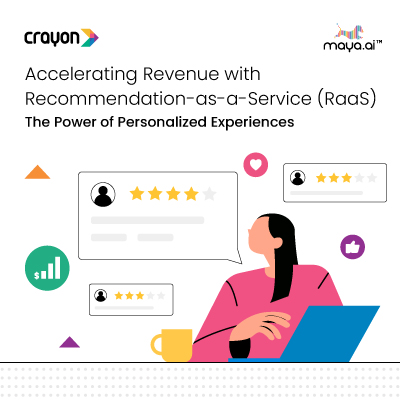Here’s a little known secret: many people are afraid to switch their web hosts. However, it is important to be aware of the importance of updating your web host and choosing an award-winning, quality web host and the difference it makes for your site, some offer web analytics and others provide the speed you need.
Why?
Updating web hosts can seem like an intimidating process, as it’s easy to believe that it requires one to possess at least some degree of technical knowledge.
But in reality, the vast majority of web host providers are glad to migrate your website for you. All you have to do is give them the go-ahead.
Why update your website host?
So, the real question you should be asking yourself is not ‘how do I update my web host’ but rather ‘when do I update my web host,’ and that’s the question that we’re going to answer today.
You want to update your web host when:
#1 You want or need to run programs that require lots of bandwidth
There are many things that can take up a lot of bandwidth, but perhaps nothing uses as much bandwidth as the programs that you choose to run on your website.
Bandwidth, in case you didn’t know, is simply defined as the highest data transfer rate of an Internet connection, or essentially how much data can be sent over a connection at any given time. The more programs your website is running, the more bandwidth you need. It’s that simple. A lack of proper bandwidth causes slow websites, which do not convert. For conversion and marketing purposes, bandwidth is essential to a fast website.
Downloadable content, videos, and games are just a handful of examples of programs that are going to take up a lot of bandwidth and is likely require you to update to a web host who can keep up accordingly.
#2 You’ve been receiving a lot more daily traffic
In addition to common applications and plugins, increases in website traffic can take up a lot of CPU bandwidth.
Just as you need more bandwidth in order to run more programs, likewise you need more bandwidth to handle more traffic coming to your website. For some perspective, around 99% of all websites use less than 5 GB of bandwidth each month, so you more than likely won’t need any more than that when it comes to visitors.
The most basic web hosting plans actually share a server for numerous different websites. If just one website on that server sees a dramatic increase in the number of visitors, this adversely affects all other websites on that server. A slow server leads to a slow website, which is one of the biggest contributing factors to a website’s online reputation.
While high-quality web hosting providers try to fix this issue, if you expect that your increase in traffic is going to become a recurring event, then the time has come to upgrade to a new web hosting plan.
#3 You’d like your website to be more secure
There are specific steps to take to ensure that security and privacy are always a top priority when running any website. That being said, many of the more basic web hosting plans don’t exactly offer the best security features.
So long as you are collecting sensitive data on your website, such as consumer financial information, then it is vitally important that you do everything you can to keep that information as secure as possible. A few simple strategies include using secure passwords and an encrypted password manager, securing your login pages, scanning your data regularly for vulnerabilities, and choosing a web host with strong technical support and that backs up your data to a remote server.
If the security features of your current web hosting plan are basic, then there is never going to be a better time for an upgrade.
#4 You want to reduce website downtime
Downtime refers to periods of time when your website is not available, ie does not load in someone’s web browser. Basically, it means that your server system cannot be reached.
Obviously, downtime is not a good thing for your website because no one wants to visit a website that does not even open properly when they need it to.
If your website has been experiencing downtimes many times a month, or even worse many times a week, then updating your web host could be the solution to your problem.
If you’re not sure if your website has been having any downtimes, the best thing to do is to use a free but high-quality monitoring service that can check your downtimes for you. Alternatively, you can contact the support staff of your web host for any information on the downtimes.
Take note that if the support staff does not offer you convincing information on how they can solve the problem, it’s a crystal clear indicator that it’s time for a new web host.
#5 Your website is simply too slow
Last but not least, if your website is running too slowly there’s a good chance that you need to switch web hosting companies as well. The reason for the slow speed could simply be because your website has outgrown your current hosting plan.
Slow website speed isn’t only going to damage user experience when they visit your website, it’s also going to cause your SEO (search engine optimization) rankings to take a hit as well.
In essence, a slower website is going to translate to fewer visitors and higher bounce rates, neither of which are things that you want. Fortunately, upgrading your web host can solve that problem for you.
The bottom line
The ideal web host is one that can do everything for you, and that’s not too much to ask. If you’ve been encountering any of the above issues that we have covered here today, switching to a new and better web hosting provider can be the solution to those issues. In the long run, this translates to improved user experience and stronger SEO rankings as well.




















